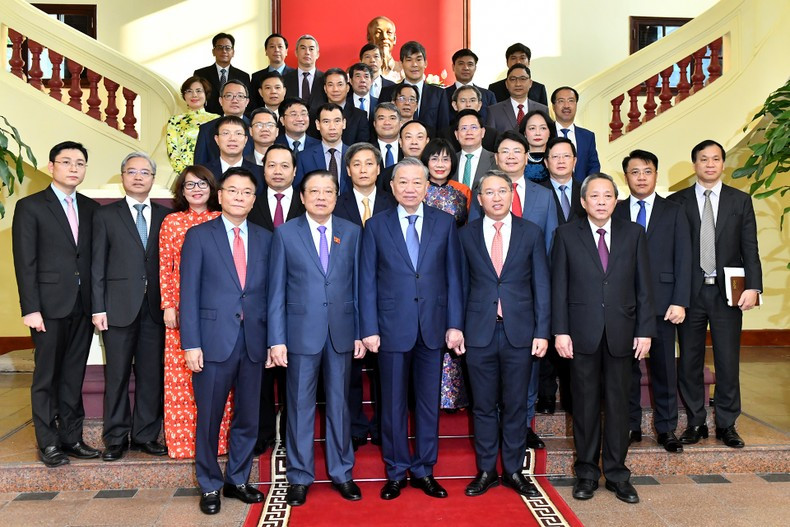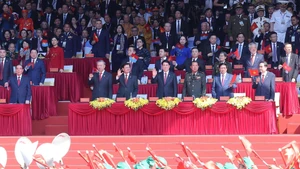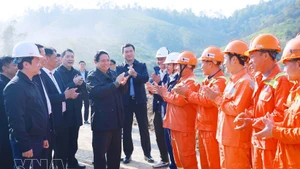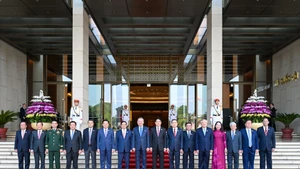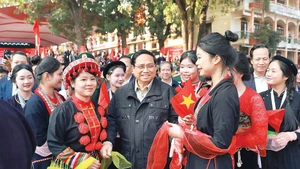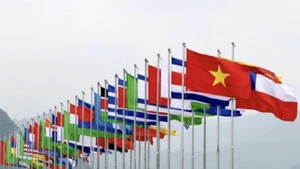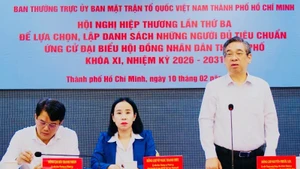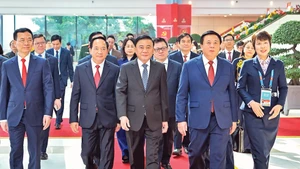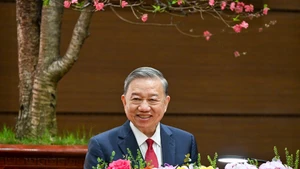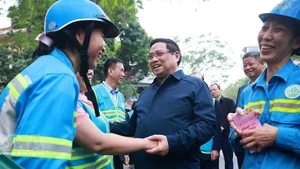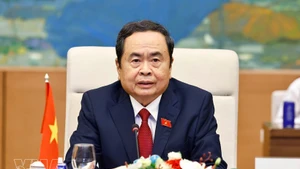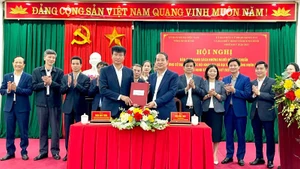Lam acknowledged, appreciated, and congratulated the achievements and results that the ministry and the justice sector have gained over the past years.
However, he pointed out that the work of improving the institutional framework, particularly the making and perfection of laws, which the ministry bears a significant responsibility, still has many shortcomings and limitations. Some major policies and directions of the Party have not been fully or promptly institutionalised, or even when they have been institutionalised, their feasibility is low. The quality of lawmaking and legal refinement does not fully meet practical requirements, and some newly enacted laws have already needed amendments. Furthermore, numerous regulations are not fully consistent, often overlapping, unclear, or overly complicated, hindering enforcement and causing waste and inefficiency in resource use. There has also not been an effective environment created to foster innovation, attract both domestic and foreign investment, or mobilise resources from the people, he said.
The Party chief urged the ministry to pay attention to and promptly implementing solutions to address these issues.
Emphasising the critical and central role of lawmaking, particularly in seizing opportunities, unlocking, and mobilising resources for development, and improving the well-being of the people, Lam highlighted that it is no coincidence that since the 12th National Party Congress in 2016, the Party has consistently identified institutional reform, with a focus on legal reform, as a strategic breakthrough.
In order to confidently step into a new era and successfully achieve the strategic goals set by the Party, the reality demands that lawmaking be elevated to a new level, truly creating a powerful driving force for development.
Regarding the Law and Ordinance Building Programme proposed annually by the ministry’s Board for Party Civil Affairs, the Party General Secretary requested that it be based on the practical development needs of Vietnam, emphasing the need to focus on building a legal framework for emerging issues and new trends such as artificial intelligence (AI), digital transformation, green transition; establishing breakthrough mechanisms to attract talents both at home and abroad; and implementing the "amend one law, adjust many laws" mechanism to immediately address the contradictions and overlaps between existing laws.
In the law evaluation and legal document drafting process, the Party chief stressed the absolute need to prevent the influence of interest groups or legal manipulation, ensuring that no negative impacts on national interests, public benefits, or the rights of citizens are overlooked or inadequately assessed, particularly with regard to security concerns.
Regarding the strong innovation of the lawmaking process, Lam highlighted the importance of ensuring democracy, transparency, timeliness, feasibility, effectiveness, and practicality, while saving time and costs; ensuring substantial policy impact assessments; and ensuring the implementation of a mechanism for collecting and addressing feedback from those impacted by the laws, such as citizens and businesses.
In addition, it is essential to fully promote the Party characteristics in the process of building, perfecting, and implementing laws, he added.
Since the of the 13th National Party Congress for the 2021-2026 term, the ministry’s Board for Party Civil Affairs has issued 31 resolutions and conclusions regarding lawmaking, and organised five working sessions with law drafting units to provide orientations on major issues and solve difficulties in this area.
The Ministry of Justice has closely coordinated with other ministries and agencies to advise the Government to submit to the National Assembly for approval 43 laws and 19 regulatory resolutions. The ministry has also submitted 552 decrees to the government for issuance, creating a legal foundation that promotes the country’s socio-economic life and addresses challenges faced by the people and businesses.
